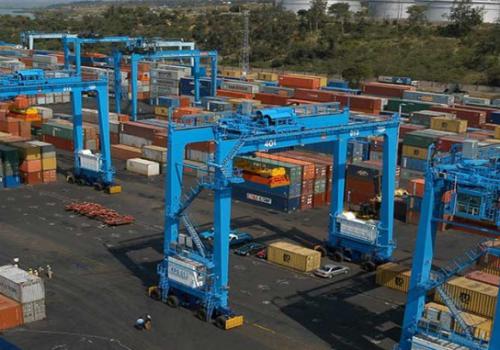According to the East Africa Business Council Executive Director, Peter Mathuki the increase was as a result of harmonised East Africa phytosanitary regulations that has seen Kenyan producers increase access to the Ugandan market. The regulations help countries reduce costs of implementing the Sanitary and Phytosanitary – SPS measures by operating regional testing and laboratory facilities. This will reduce the number of inspections for export products and the amount of time cargo spends in bond going through various checks. SPS measures refer to regulations concerning the safe handling and production of food, plant and animal products. They apply only to measures directly affecting the health of humans, animals and plants.
In the first two quarters of 2019 Kenya – Uganda trade stood at 25.1 billion shillings in favor of Kenya. Despite reduced activities at the Kenya – Uganda Busia border as traffic snarl ups characterize the border crossing point, due to Covid-19 containment measures, trade between the two countries increased to 30.3 billion shillings during the period under review. The East Africa Business Council warns that 40 percent of food-stuff in the Kenyan markets is contaminated with Aflatoxin. East African trade stakeholders are calling for consulted efforts to fight aflatoxin contamination in the region that costs the East African countries 26.7 billion shillings in exports and post harvest losses. The government has been contemplating taking over distribution of aflasafe, a product that controls aflatoxin contamination on what it terms as slow distribution of the product by the private company awarded the tender to distribute to farmers.
